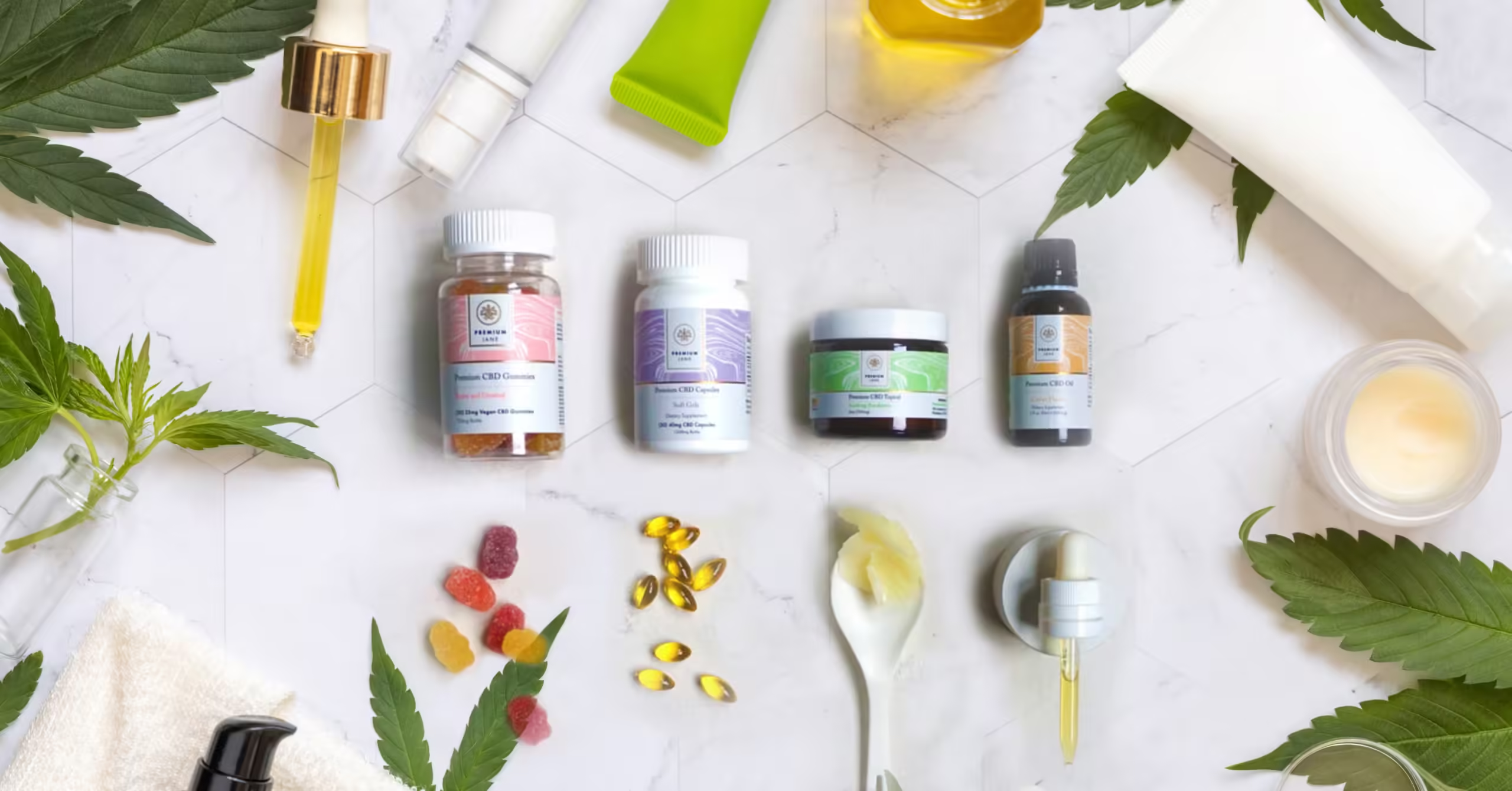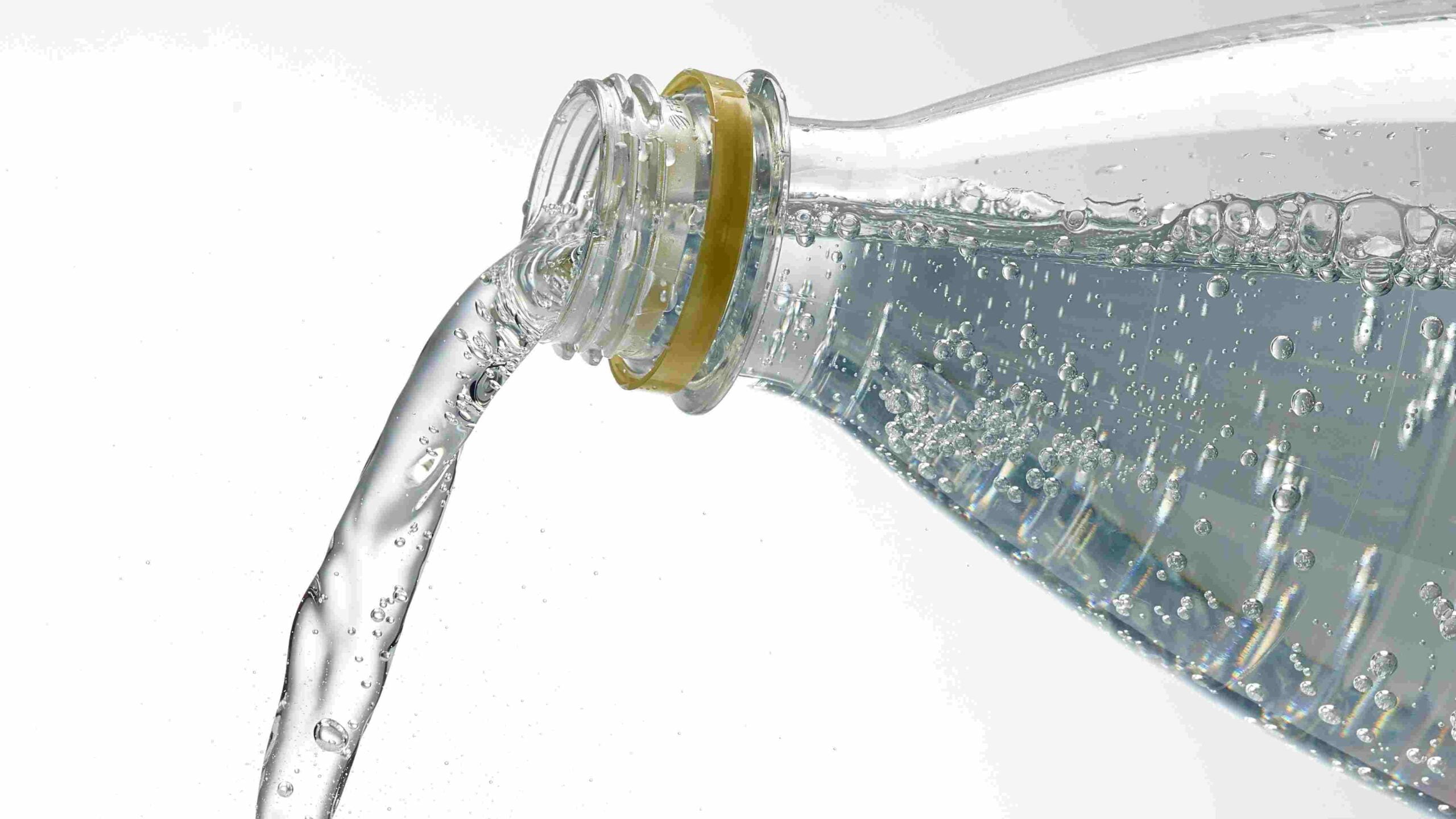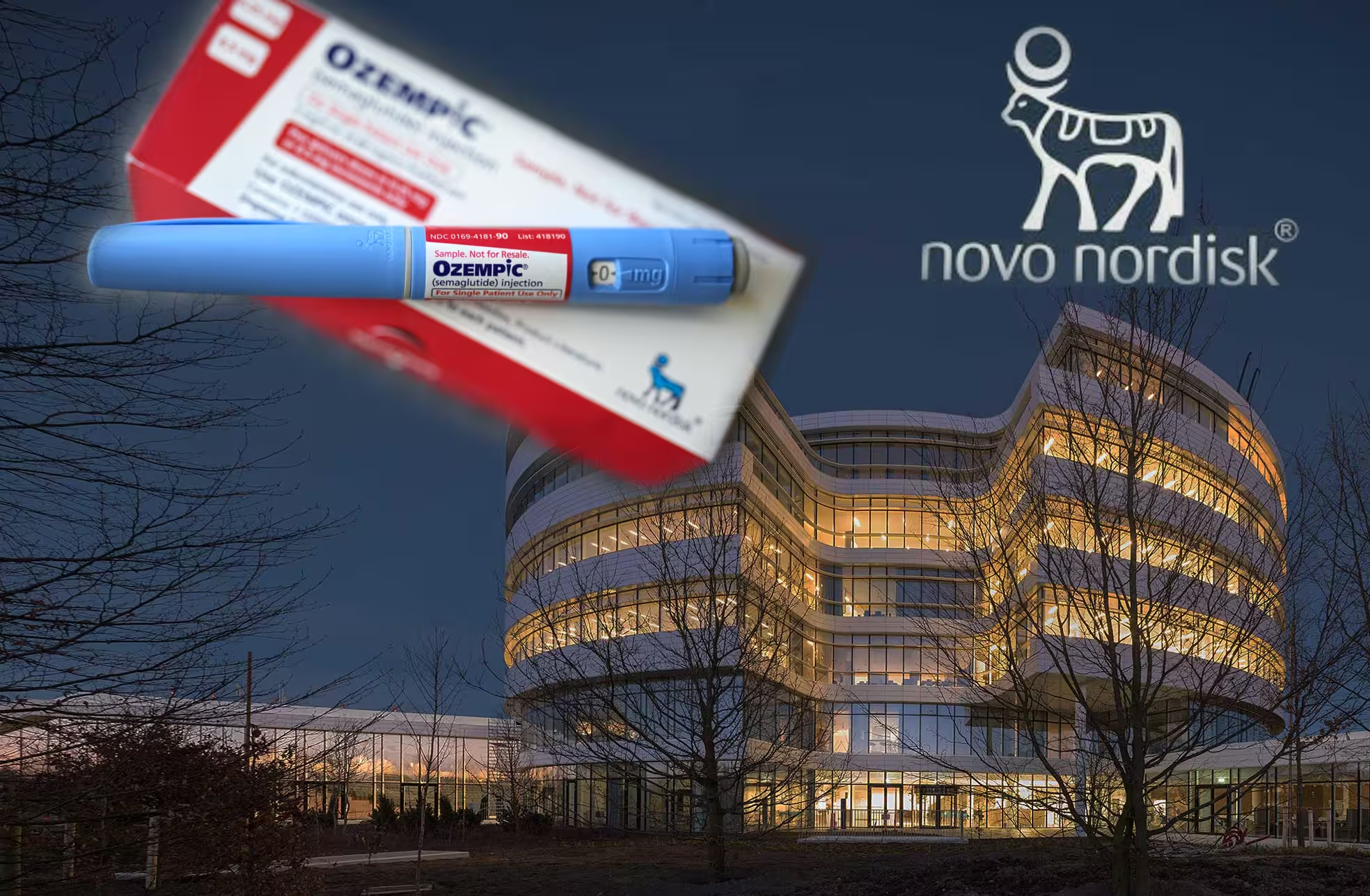What is CBD Oil
Cannabidiol (CBD) is the major non-psychotomimetic compound (i.e., does not mimic the symptoms of psychosis), derived from cannabis, which is one of the oldest medicinal plants in the world, grown by humans. It is the second most abundant active ingredient in cannabis, or the hemp plant (scientific name- Cannabis sativa).
Tetrahydrocannabinol (THC), the psychoactive component of Cannabis that induces ‘a high’, is absent from CBD. Although ‘the oil’ is the most common form of CBD commercially available, it is also available as an extract, a vaporized liquid, and oil-based capsules, and even candies. Among the numerous products infused with CBD that are sold online are foods, beverages, and cosmetics.
This plant contains over 80 different naturally occurring compounds called “cannabinoids”. These are grown to produce varying concentrations of cannabinoids – THC or CBD. These constitute Cannabis-derived compounds, which can be highly-purified extracts from the plant.
On the other hand, synthetic cannabis-related substances are produced in a lab and are utilized to make pharmaceutical items. It’s possible that some of the synthetic compounds are present in the plant naturally!
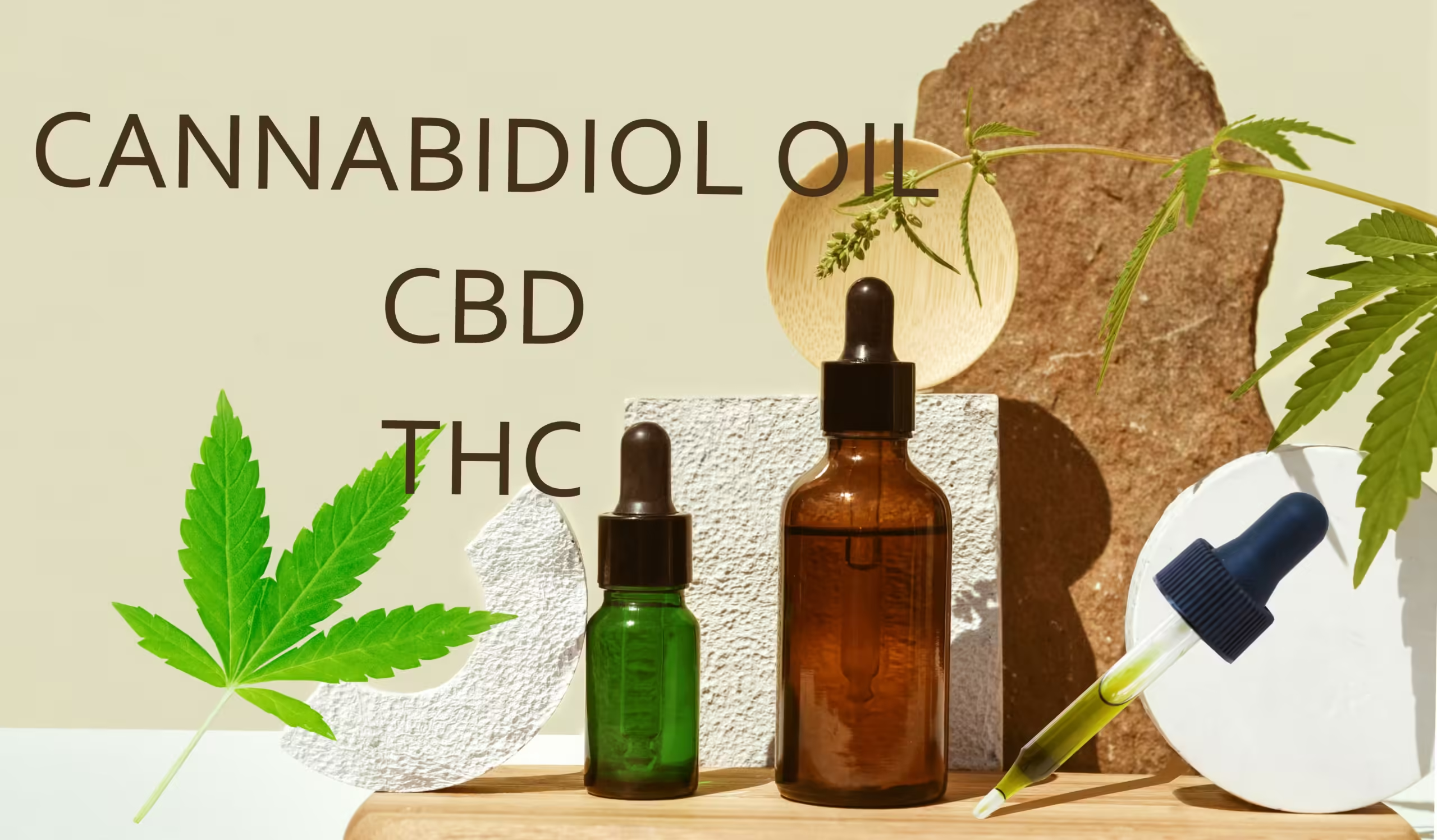
Law outlines governing usability
CBD oil attracts a lot of attention and is recognized as a natural treatment for many different types of illnesses. Cannabidiol, or CBD, is derived from the hemp plant and is not psychoactive. It doesn’t give users the “high” that marijuana does. Rather, it provides therapeutic results that are supported by scientific study.
However, the legality varies significantly across different states and districts in the United States, regarding usage of naturally and synthetically derived Cannabis products. The 2018 Farm Bill federally legalized hemp-derived CBD containing less than 0.3% THC (tetrahydrocannabinol).
For non-prescription use, products with less than 0.3% delta-9 THC containing CBD, delta-8 THC, and other naturally-occurring cannabinoids derived from hemp (cannabis containing less than 0.3% delta-9 THC) are legal and unregulated at the federal level, but legality and enforcement varies by state.
Medical cannabis use is allowed in 38 states, four of the five U.S. territories that are permanently inhabited, and the federal District of Columbia (D.C.). You just need a prescription from a doctor. Ten more states have rules that limit the psychoactive compound tetrahydrocannabinol (THC) so that people can get products that are high in cannabidiol (CBD), a part of cannabis that doesn’t get you sloshed.
Twenty-four states, three U.S. territories, and Washington, D.C. have authorized cannabis usage for recreational purposes. Seven more states have made it less illegal to use. Except for Virginia and D.C., all states that allow people to carry marijuana now also allow people to sell it. All of these places let people grow marijuana for leisure purposes, except for Delaware, Illinois, New Jersey, and Washington state.
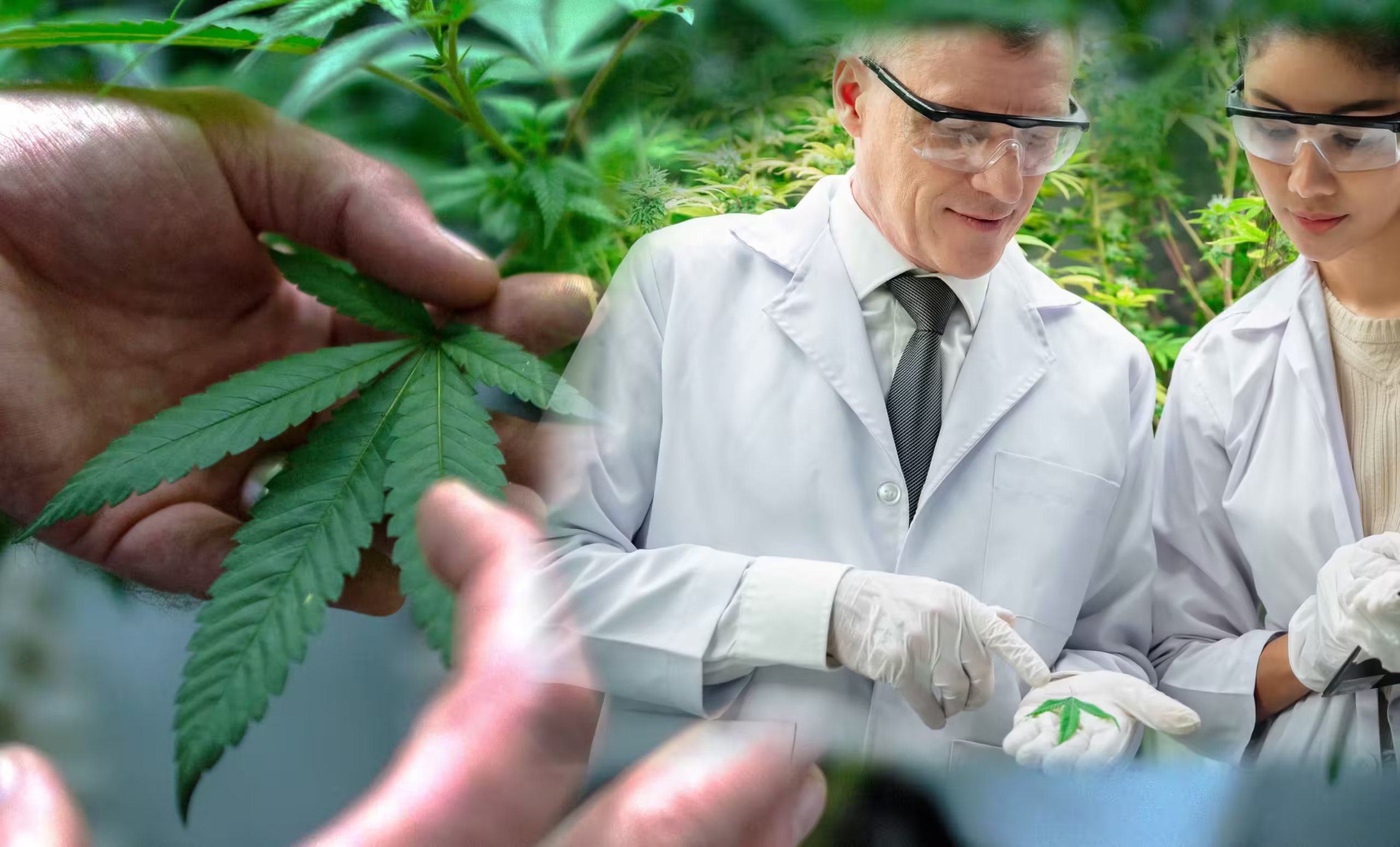
Food Drug Administration permissions
As of right now, the FDA has not approved cannabis extracted products for the purpose of curing any illness or ailment.
However, it has approved a cannabis-derived medicinal product, called Epidiolex (does not contain any THC). It is useful for treating seizures. The only way to obtain these authorized pharmaceutical goods is with a prescription (under Schedule V), making it legal under federal law; therefore, no state permit is necessary.
It has approved three products related to synthetic cannabis: Marinol (dronabinol), Syndros (dronabinol), and Cesamet (nabilone), which are used to treat nausea and vomiting caused by cancer chemotherapy.
Crucially, no other cannabis, cannabis-derived, or cannabidiol (CBD) product on the market has FDA approval.
FDA is aware that unapproved cannabis-derived products like CBD oils are being used to treat a number of medical conditions. However, the use of unapproved items, like cannabidiol chocolate, gummies, chips, etc. with exeeding limits of THC can have unpredictable health risks. The agency is on a constant vigil and controls THC in various food products.
Understanding CBD Oil and Its Benefits
CBD oil is extracted from the hemp plant and is known for its potential to alleviate various health issues. Some of the most notable benefits include anxiety relief, pain management, and improved sleep quality.
One of the most common uses of CBD oil is for anxiety relief. Anxiety disorders affect millions of people worldwide, and many are turning to natural alternatives like CBD oil for help. A study published in the journal “Neurotherapeutics” found that CBD has considerable potential as a treatment for multiple anxiety disorders, with a notable reduction in anxiety-related behaviors in both human and animal studies. Researchers believe that CBD interacts with serotonin receptors in the brain, which play a key role in regulating mood and anxiety.
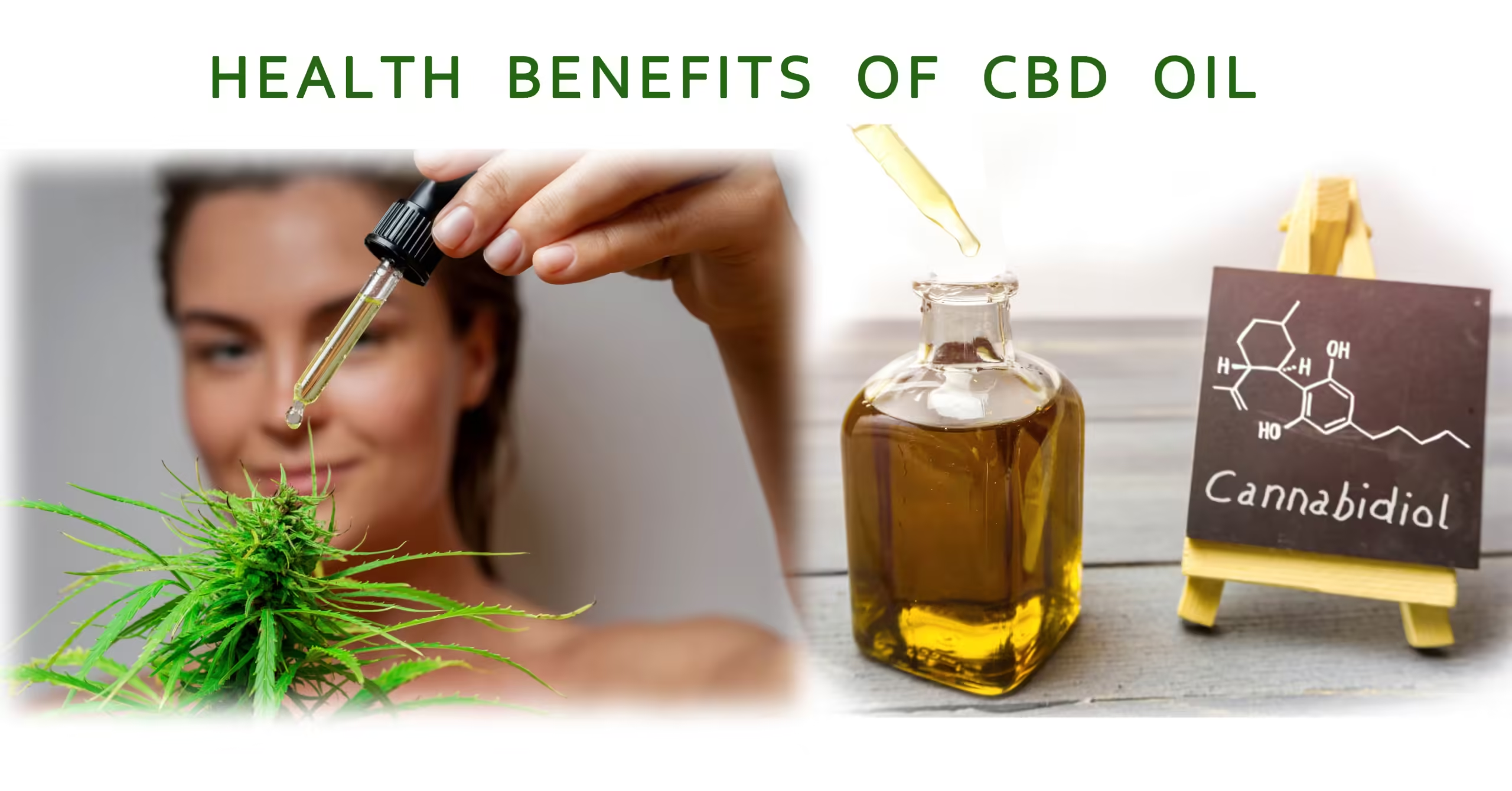
How is CBD to be applied for optimum benefits
Topical Application
When CBD oil is applied topically, it is usually in the forms of CBD massage oil, CBD cream, CBD balm, CBD lotion, CBD salve. CBD massage is often used for localized relief, for alleviating pain, inflammation, or skin conditions. Topical CBD products are absorbed through the skin and interact with cannabinoid receptors in the area where they are applied.
Targeted Relief: Ideal for addressing specific areas of pain or inflammation, such as sore muscles, arthritis, or skin irritations.
Non-Systemic: Since it does not enter the bloodstream, it does not have systemic effects, making it suitable for localized treatment without affecting the entire body.
Ease of Use: Simple to apply directly to the affected area and often comes with added ingredients like menthol or essential oils for enhanced relief.
Does CBD oil go bad: While CBD oil does have an expiration date and can go bad, proper storage can help extend its normal 1-2 years shelf life and maintain its potency and quality. Always check for signs of spoilage and adhere to storage guidelines to ensure you get the most benefit from your CBD oil. If yany significant changes in color, odor, taste, or texture noticed, it’s best to discard the product and replace it with a fresh one.
Oral Ingestion
Oral ingestion involves taking CBD oil directly by mouth, usually through tinctures, capsules, or edibles. This method allows CBD to enter the bloodstream and provide more systemic effects, such as reducing anxiety, improving sleep, or managing chronic pain.
Systemic Effects: Offers broader relief by affecting the entire body, making it useful for conditions like anxiety, insomnia, or widespread pain.
Longer Lasting Effects: Since it is metabolized by the digestive system and liver, the effects can last longer compared to other methods like inhalation.
Flexible Dosage: Tinctures and capsules provide a way to control and adjust the dosage easily, allowing for personalized treatment plans.
There are different forms of Oral CBD such as:
- Tinctures: Liquid CBD extracts taken sublingually (under the tongue) for faster absorption into the bloodstream.
- Capsules: Pre-measured doses of CBD in pill form, convenient and easy to take.
- Beverages: CBD-infused drinks are tasty and enjoyable way to consume CBD.
- CBD gummies: CBD gummies for pain come in a variety of flavors and a tempting option for those who may not enjoy the taste of traditional CBD oil.
Does CBD gummies expire: These usually have a shelf life of 6 months to 2 years from the date of manufacture. This can vary depending on the ingredients, storage conditions, and packaging. Ensuring the most out of your CBD gummies, store them properly and check for signs of expiration before consumption. Always refer to the product’s specifications and expiration dates and storage recommendations.
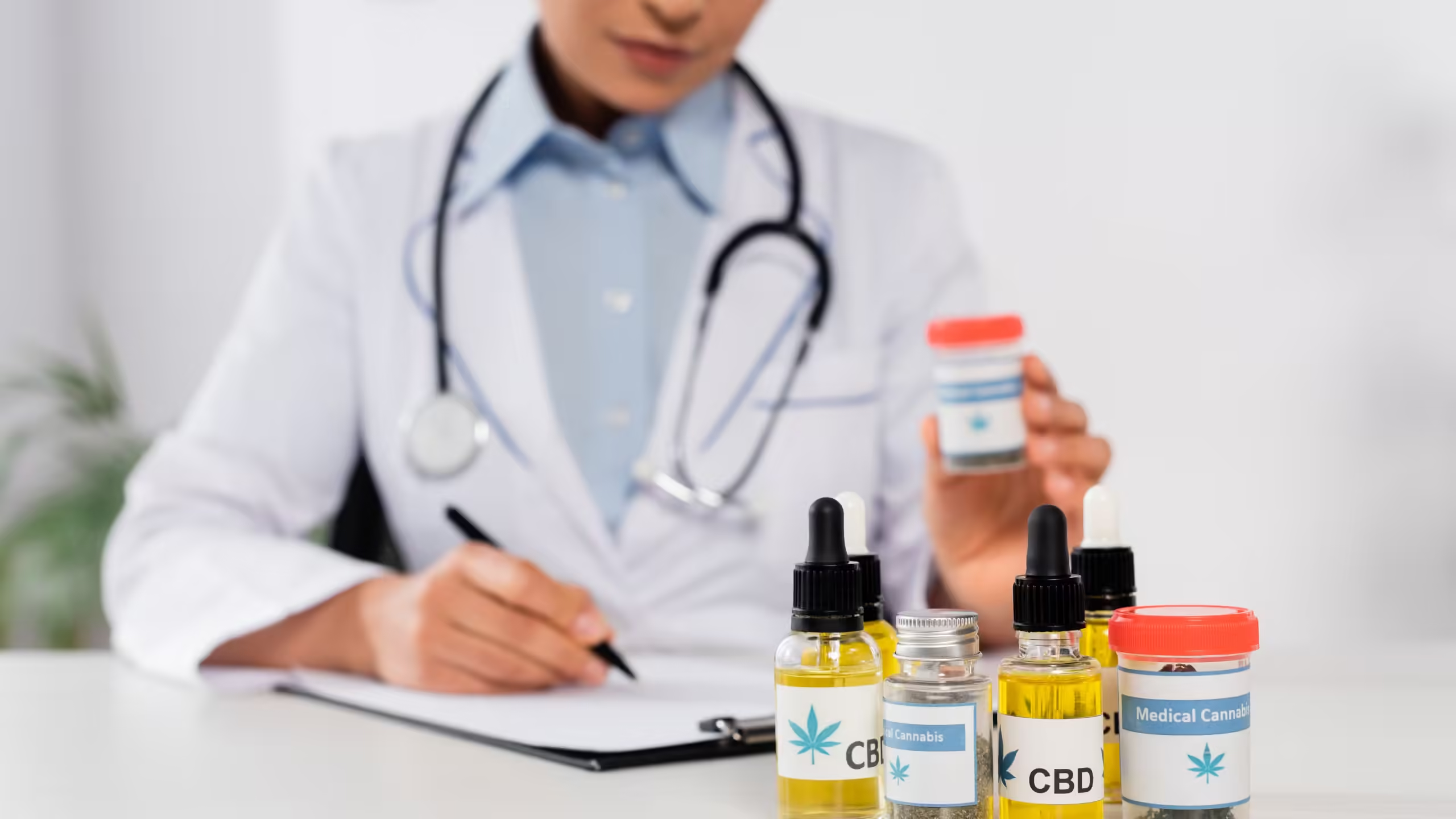
Choosing the right method between topical application and oral ingestion depends on the individual’s needs and preferences. For localized issues, topical application is typically more effective for targeting specific areas of the body.
For systemic issues, Oral ingestion is better suited for overall relief and addressing conditions that affect the whole body.
Ultimately, the method you choose for CBD oil should align with your age, health goals, the condition you’re treating, and your personal preferences for convenience and ease of use. So, if you’re considering CBD oil, always do consult with a healthcare professional to ensure it’s a safe and suitable option for your specific needs.



